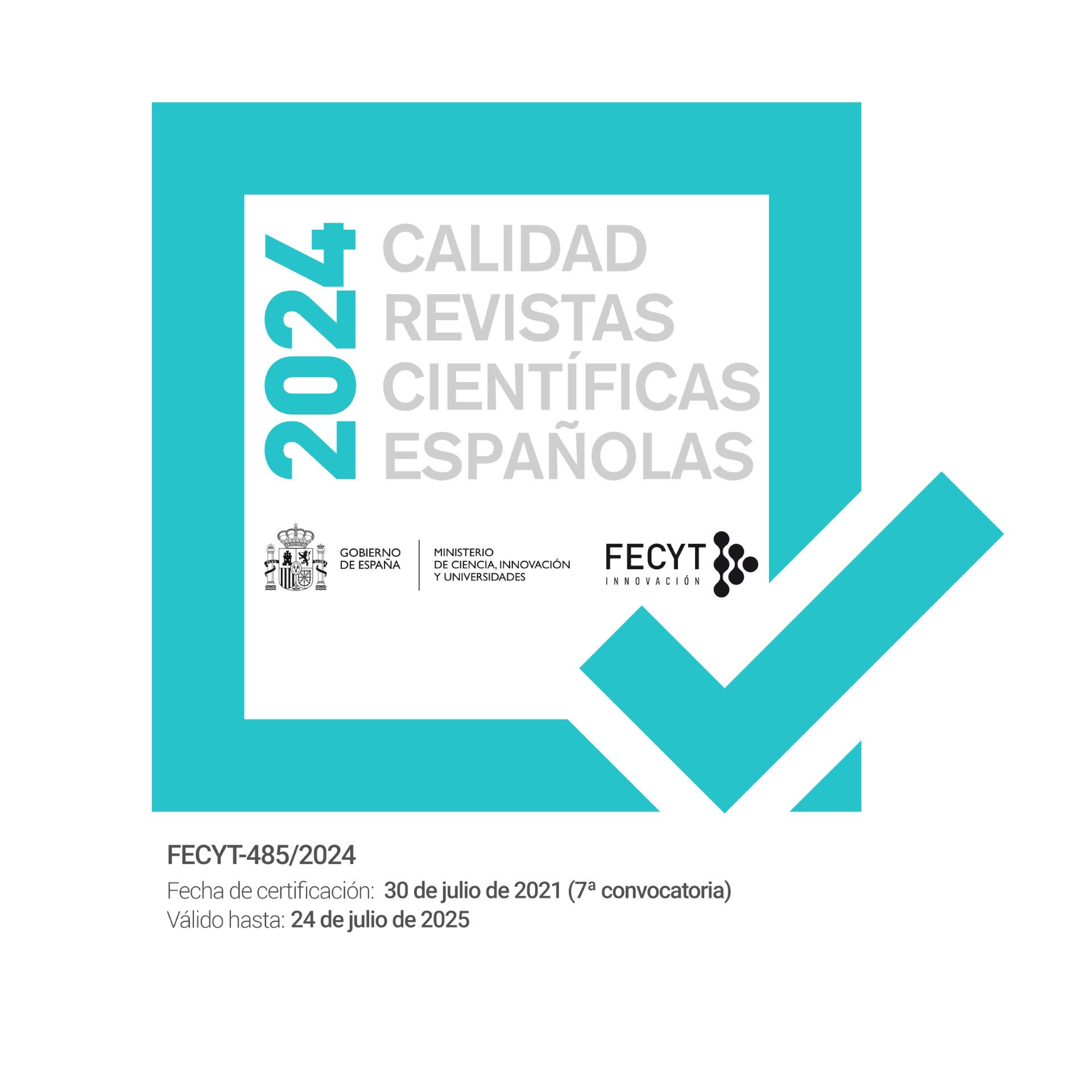Herencias discursivas y escritura retórica misional en la indagación sahaguntina sobre el pasado mesoamericano
DOI:
https://doi.org/10.26754/ojs_historiografias/hrht.11414Abstract
Abstract
Reflections on the work of Friar Bernardino de Sahagún form a vast, almost boundless field, with many studies positioning themselves from anthropology, ethnology, ethnography, and ethnohistory, among others. Here, an analysis from a discourse perspective is proposed to address the question: How did Western discursive legacies manifest in Sahagún’s work? The suggested approach to this question begins with an epistemological/historiographic exercise using a Foucauldian approach based on genealogy and archaeology. The former has required the concepts of provenance (belonging to a sector with memory practices) and emergence (where the victor imposes itself among competing discursive forces). The latter has allowed for an understanding of Sahagún’s system of discursivity. From this approach, three discursive strategies (euhemerism, interpretatio, and Augustinianism) and two ways of approaching knowledge (inquisitio and dialogue as dispute) have been identified in Friar Bernardino’s work. These have facilitated the development of missionary rhetorical writing, whose goal was to participate, through the construction of knowledge with “truth” production technologies in realms such as the cure of idolatry, demonic affliction of the ancient Mesoamerican people.
Keywords
Missionary rhetorical writing, inquisitio, interpretatio, euhemerism, Augustinianism


